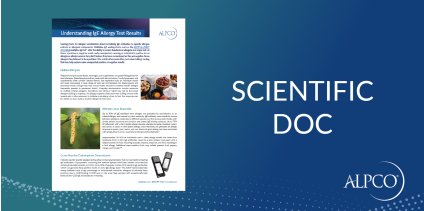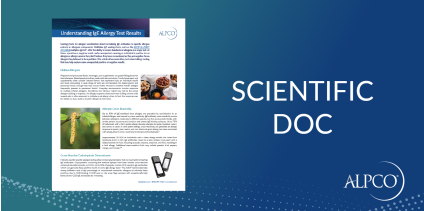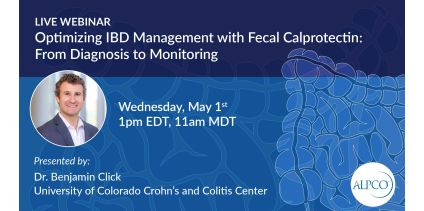Mouse Pre-Albumin ELISA
$853.00
Catalog
41-PALMS-E01
Mouse Prealbumin ELISA kit is a highly sensitive two-site enzyme linked immunoassay (ELISA) for measuring Prealbumin in biological samples of mice. Research Use Only. Not for Use in Diagnostic Procedures.
Prealbumin is a tetrameric protein consisting of four identical polypeptide chains. It migrates more rapidly than serum albumin on electrophoresis. It can be used as a marker in the nutritional evaluation of patients with a variety of diseases.
Prealbumin is a tetrameric protein consisting of four identical polypeptide chains. It migrates more rapidly than serum albumin on electrophoresis. It can be used as a marker in the nutritional evaluation of patients with a variety of diseases.
Species
Mouse
Regulatory Status
Research Use Only. Not for Use in Diagnostic Procedures.
Product Distribution
Available Worldwide
Range
15.625-500 ng/mL
Sensitivity
15.625 ng/mL
Sizes
96 Wells
Sample Types
Plasma, Serum
Inc Time Hour
1
Inc Time Overnight
No
Inc Time See Protocol
No
Sample Size
5
Detection
Colorimetric
In this assay, the prealbumin present in samples reacts with the anti-prealbumin antibodies which have been adsorbed to the surface of polystyrene microtiter wells. After the removal of unbound proteins by washing, anti-prealbumin antibodies conjugated with horseradish peroxidase (HRP) are added. These enzyme-labeled antibodies form complexes with the previously bound prealbumin. Following another washing step, the enzyme bound to the immunosorbent is assayed by the addition of a chromogenic substrate, 3,3’,5,5’-tetramethylbenzidine (TMB). The quantity of bound enzyme varies directly with the concentration of prealbumin in the sample tested; thus, the absorbance, at 450 nm, is a measure of the concentration of prealbumin in the test sample. The quantity of prealbumin in the test sample can be interpolated from the standard curve constructed from the standards and corrected for sample dilution.







